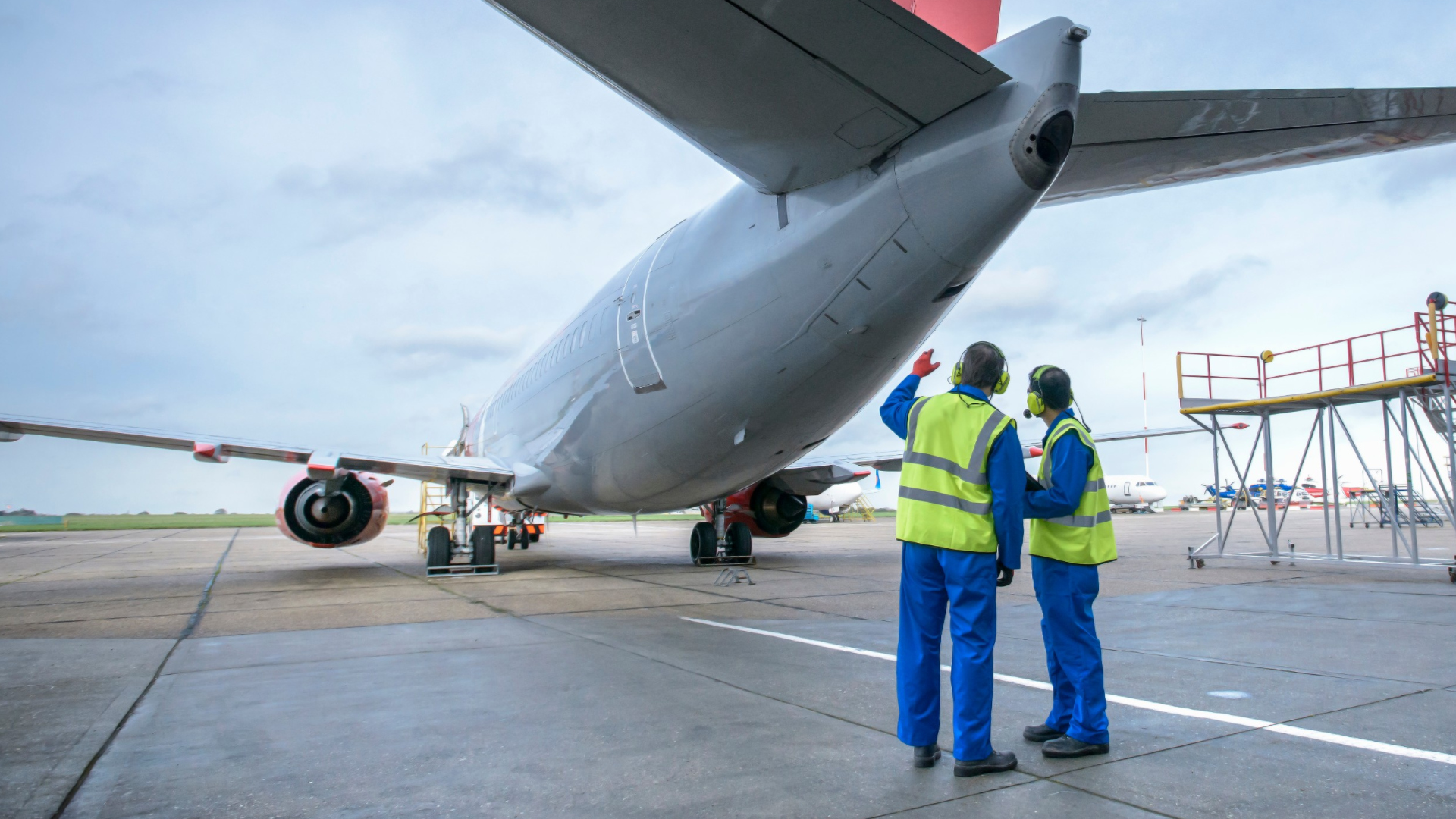Transportation Inspectors
Cargo Surveyor, Marine Cargo Surveyor, Marine Surveyor, Petroleum Inspector
What they do:
Inspect equipment or goods in connection with the safe transport of cargo or people. Includes rail transportation inspectors, such as freight inspectors, rail inspectors, and other inspectors of transportation vehicles not elsewhere classified.
On the job, you would:
- Prepare and submit reports after completion of freight shipments.
- Inspect shipments to ensure that freight is securely braced and blocked.
- Record details about freight conditions, handling of freight, and any problems encountered.
Knowledge
Transportation
- movement of people or goods by air, rail, sea, or road
Arts and Humanities
- English language
Business
- customer service
- management
Math and Science
- arithmetic, algebra, geometry, calculus, or statistics
Skills
Basic Skills
- reading work related information
- talking to others
Problem Solving
- noticing a problem and figuring out the best way to solve it
People and Technology Systems
- thinking about the pros and cons of different options and picking the best one
- measuring how well a system is working and how to improve it
Abilities
Verbal
- communicate by speaking
- listen and understand what people say
Ideas and Logic
- notice when problems happen
- use rules to solve problems
Visual Understanding
- see hidden patterns
- quickly compare groups of letters, numbers, pictures, or other things
Personality
People interested in this work like activities that include data, detail, and regular routines.
They do well at jobs that need:
- Cautiousness
- Integrity
- Attention to Detail
- Dependability
- Perseverance
- Self-Control
Technology
You might use software like this on the job:
Electronic mail software
- Email software
- Microsoft Outlook
Spreadsheet software
- Microsoft Excel
Document management software
- Adobe Acrobat
Education
Education: (rated 4 of 5)
Job Outlook
Below Average
New job opportunities are less likely in the future.
Explore More
- Aircraft Cargo Handling Supervisors
- Aviation Inspectors
- Construction & Building Inspectors
- Ship Engineers
- Transportation Vehicle, Equipment & Systems Inspectors
You might like a career in one of these industries:
See more details at O*NET OnLine about Transportation Inspectors.






